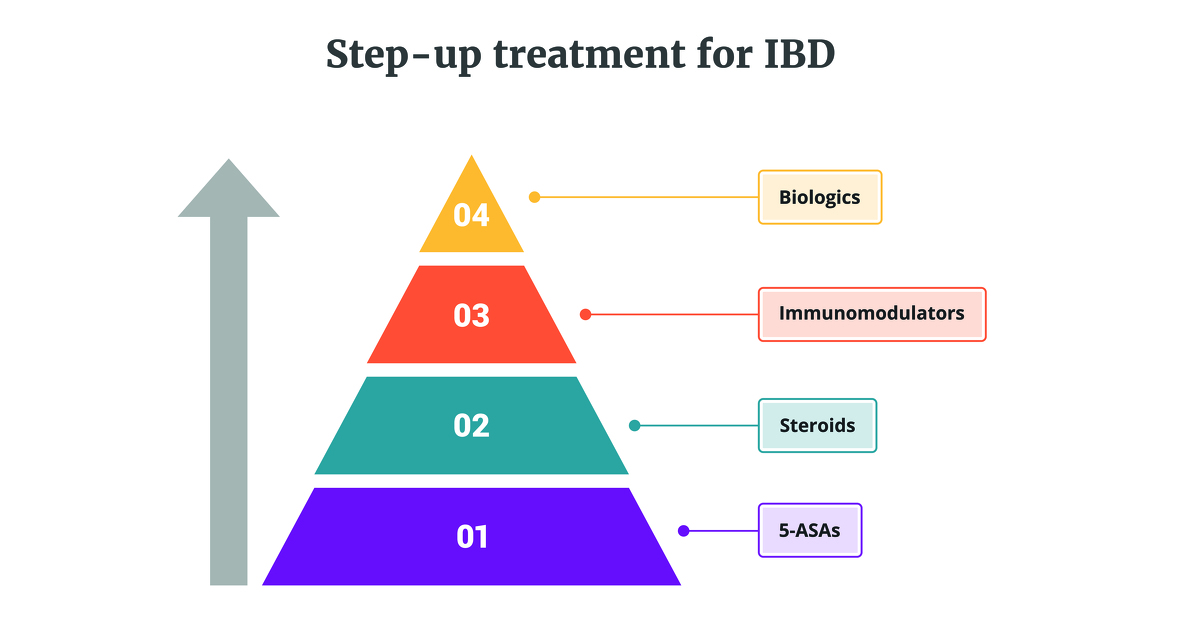A Holistic Approach to IBD: Finding Wellness with Crohn’s and Ulcerative Colitis
IBD is an umbrella term primarily for two conditions, Crohn’s disease and ulcerative colitis, and it presents a unique set of challenges that extend far beyond typical digestive issues. For anyone on a wellness journey, understanding the multifaceted nature of IBD is key to finding balance and relief.
What is Inflammatory Bowel Disease (IBD)?
IBD is a chronic condition characterized by inflammation of the gastrointestinal (GI) tract. While Crohn’s disease and ulcerative colitis share many symptoms, they are distinct. Crohn’s can cause inflammation anywhere along the digestive tract and affect all layers of the bowel wall, often in patches. In contrast, ulcerative colitis is confined to the large intestine (colon and rectum) and only affects the innermost lining in a continuous pattern. The exact cause of IBD isn’t fully understood, but it’s believed to be a combination of genetic predisposition, an overactive immune system, and environmental factors.
The Role of Diet in Managing IBD Symptoms
While there is no single “IBD diet,” dietary adjustments are a cornerstone of symptom management for many people. The goal is to identify and avoid foods that trigger inflammation or worsen symptoms. Common triggers can include high-fiber foods (especially during a flare-up), spicy foods, dairy, and fatty or fried foods. A food diary can be a valuable tool to help you pinpoint your personal triggers. Working with a registered dietitian specializing in IBD can also provide a personalized nutrition plan to ensure you’re getting essential nutrients without aggravating your symptoms.
The Mind-Body Connection: The Impact of Stress on IBD
While stress doesn’t cause IBD, it can play a significant role in symptom severity and the frequency of flare-ups. The gut and the brain are intimately connected through a complex network of nerves and hormones. When you’re stressed, your body releases hormones that can increase inflammation and affect the motility of your digestive system, leading to more discomfort.
Incorporating stress management techniques into your daily routine is a powerful way to support your overall gut health. Practices such as mindfulness meditation, gentle yoga, and deep breathing exercises can help calm your nervous system. Even a short walk in nature or engaging in a hobby you love can make a big difference. For more insights on the link between stress and IBD, you can refer to information from trusted health institutions like the Mayo Clinic.
Combatting IBD-Related Fatigue
One of the most debilitating and pervasive symptoms of IBD is fatigue. It’s more than just feeling tired; it’s a profound exhaustion that isn’t relieved by rest. This fatigue can be caused by chronic inflammation, nutrient deficiencies from malabsorption, anemia, or a side effect of medication.
Managing this fatigue is a critical part of living well with IBD. Prioritizing rest, even when you feel you have too much to do, is essential. Gentle, low-impact exercise like walking can help boost energy levels without overtaxing your body. It’s also vital to communicate the severity of your fatigue to your doctor, as it could be a sign of a flare-up or an underlying issue like anemia that needs to be addressed. The Crohn’s & Colitis Foundation provides comprehensive resources on how to manage this often-overlooked symptom.
Unraveling a Surprising Symptom: The Link Between IBD and Constipation
When we think of IBD, we often associate it with diarrhea. However, a less-discussed but significant symptom is chronic constipation. This can be particularly confusing and frustrating for those with Crohn’s or ulcerative colitis.
Constipation in IBD can be caused by several factors. Inflammation in the large intestine can narrow the passage, making it difficult for stool to pass through. Additionally, some IBD medications, changes in diet (such as reducing fiber), and dehydration from chronic diarrhea can contribute to constipation.
This counterintuitive symptom highlights how complex these conditions are. If you’re experiencing this, it’s crucial to understand how to manage it without causing further inflammation. To learn more about this connection and find helpful strategies for relief, you can read about how ulcerative colitis and chronic constipation are related.
Conclusion
Living with IBD is a journey of understanding and adapting. As we’ve explored, managing this condition effectively goes beyond just medical treatment. It requires a holistic approach that considers diet, stress, and lifestyle. By learning to identify your personal triggers, embracing stress-reducing practices, and actively addressing symptoms like fatigue and constipation, you can take control of your wellness. This journey is about empowerment—arming yourself with knowledge and building a proactive, personalized strategy that helps you not just cope, but truly thrive.






